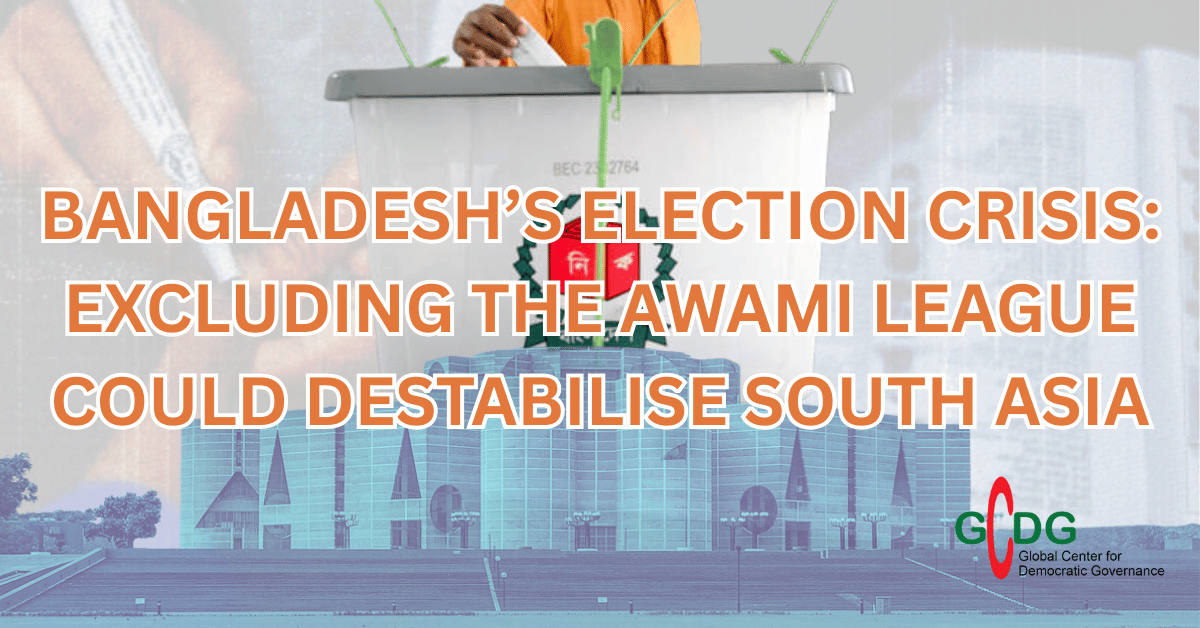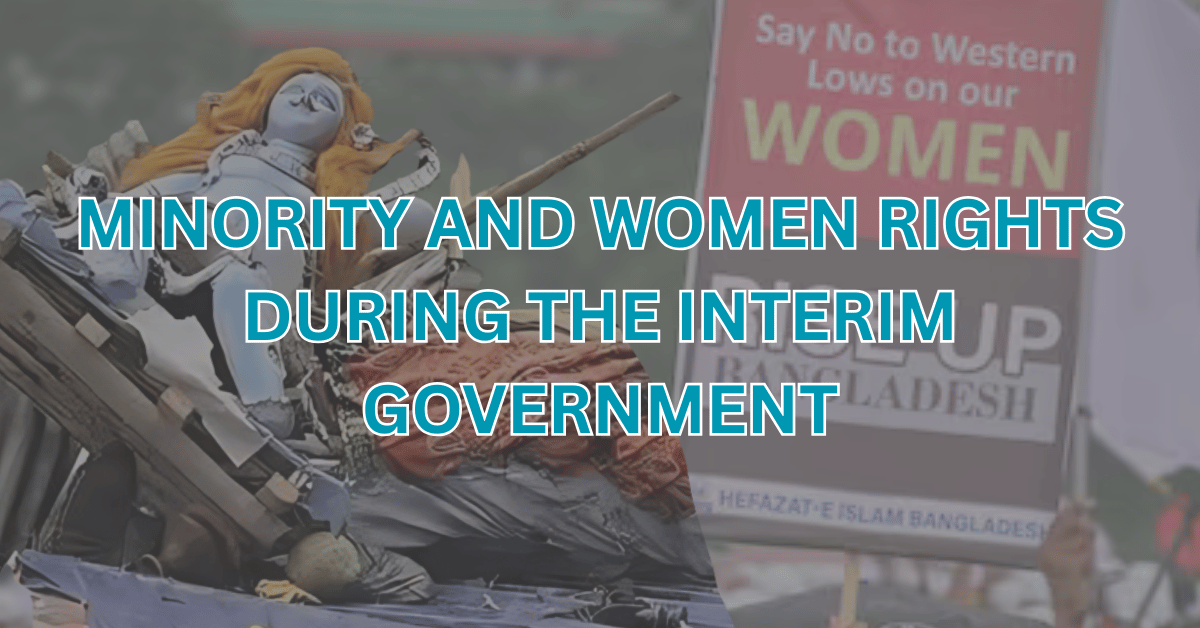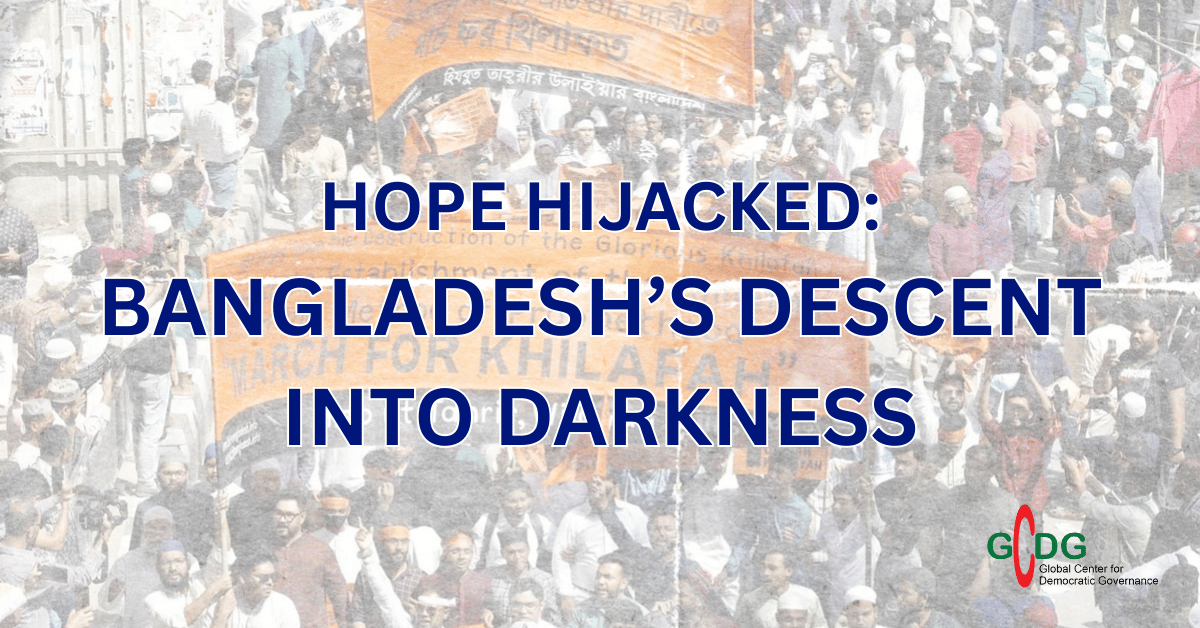The interim government’s ban on Bangladesh’s largest political party undermines democracy, empowers extremists, and threatens…

Proclamation of Independence: The Birth of a Nation and Its Democratic Aspirations
The Proclamation of Independence was not merely a legal or symbolic step; it was a moral declaration of the people’s right to self-determination, inspired by a long history of political struggle, cultural assertion, and economic injustice. It affirmed that the people of Bangladesh had exercised their democratic rights, and when those rights were denied through violent repression—including the horrific events of March 25, 1971—they had no choice but to claim independence through resistance.
What is particularly remarkable about the proclamation is its clarity in envisioning the character of the new nation. It declared that the Republic of Bangladesh would be founded on the principles of equality, human dignity, and social justice. These are not just legalistic phrases—they were promises made to every citizen, and they continue to serve as a moral compass for the country’s democratic journey.
More than five decades later, the aspirations embedded in the Proclamation of Independence remain both a legacy and a challenge. While Bangladesh has made significant strides in development, economic growth, and social progress, the foundational goals of participatory democracy, human rights, and institutional integrity still require vigilant protection and renewal.
At the Global Center for Democratic Governance (GCDG), we hold the spirit of the Proclamation of Independence at the core of our mission. It is a reminder that democracy is not born from convenience but from courage—and that the principles upon which a nation is founded must be actively upheld by each generation.
As we commemorate the Proclamation, we also recommit ourselves to its values—working together to realize the full promise of a free, fair, and democratic Bangladesh.




Thanks for the nice write up. Can we have the whole proclamation?
Thanks for a nice write up